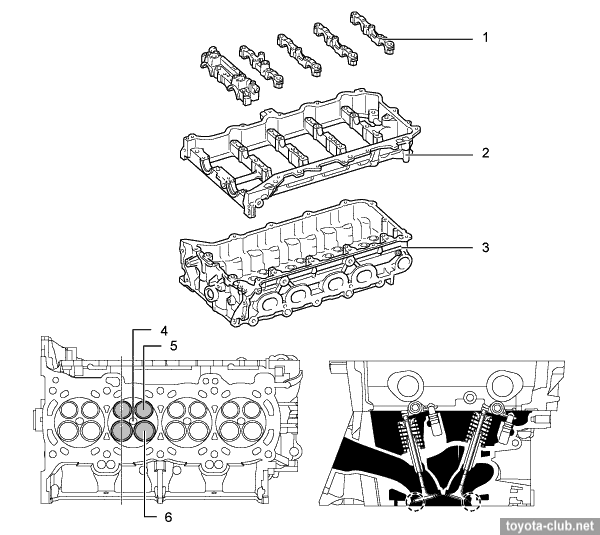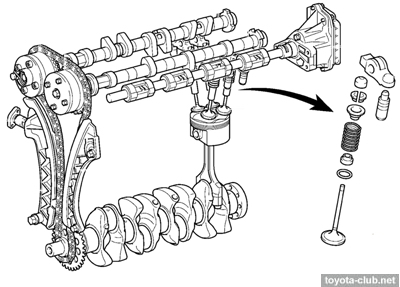TheNerdyPotato
Follower
- Messages
- 156
- Reactions
- 179
V6 Tundra was dropped because it was just too weak and the 4.6L V8 was only a little more expensive. In the GX, that V8 is only adequate but quite old now and in need of an update. It makes less power than modern V6s.
If there was a newer turbo/twin turbo/naturally aspirated 6 cylinder that made in the neighborhood of 350hp and 370lb-ft of torque, it would be a great replacement for the 4.6L V8 in Tundra and GX, as well as a solid option in the 4Runner and RX. Also quite frankly ES, RC, IS and maybe LF-1 too.
I maintain my stance that the 1UR-FE is currently the least competitive engine in Toyota's NA lineup.
I agree with you second point, except that a NA V6 won't be able to provide that much torque without upsizing to around 4.5-5.0l. At that point, why not a V8? With 2GR-level specific output you could achieve that 350hp rating with about 4.0-4.2l, but torque would only be just above 300lb-ft. This could be compensated for, somewhat, by having the proper gearing. Sadly, even gear spacing seems to be something Toyota is incapable of.



